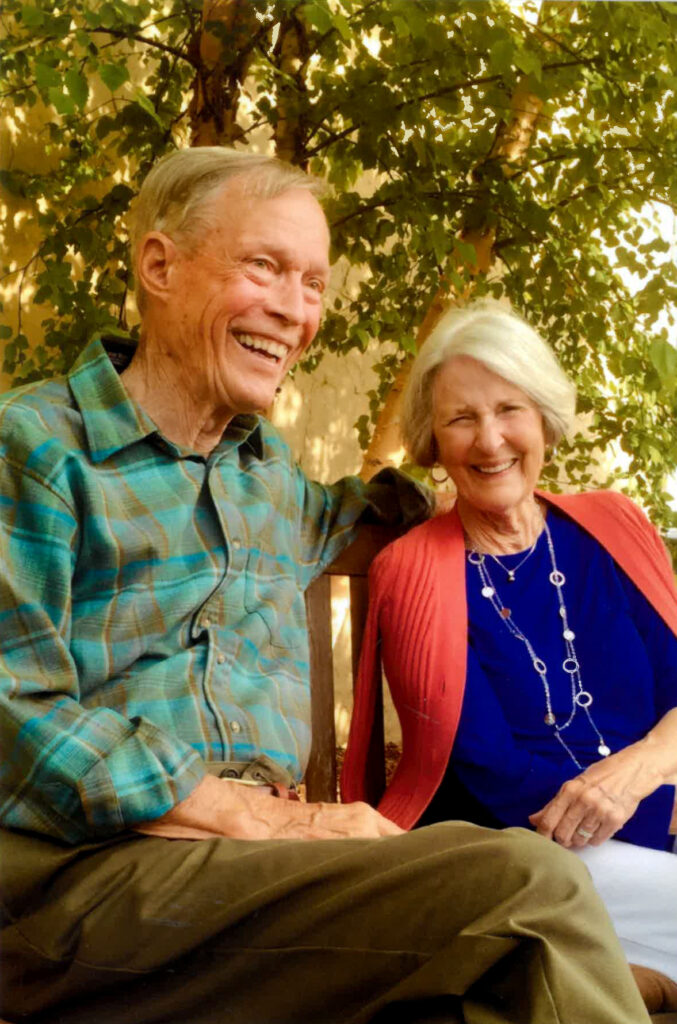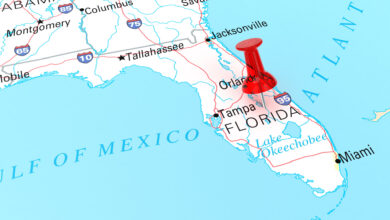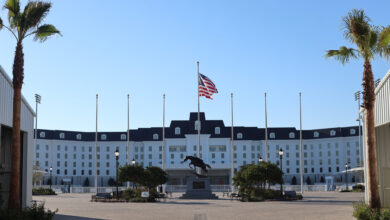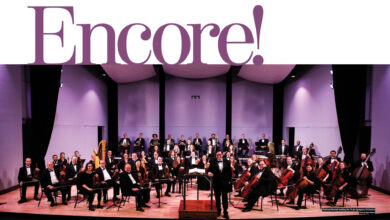Ex-Gov. Buddy MacKay made a political career of tackling the toughest, most complex issues
For parts of four decades, Kenneth H. “Buddy” MacKay was a force in Florida politics, a Democrat who was respected by his peers and the press for his eagerness to take on complicated issues and craft workable solutions in a state that was quickly transforming. Ironically, enough, the Ocala native who became a Democratic icon almost became a Republican.
“When I was in the Air Force, I wrote to the supervisor of elections in Ocala and asked for documents to register as a Republican,” he said in a 2010 interview. “She sent me the paperwork to register as a Democrat. I called to inform her of the mistake, and she said, ‘If you register as a Republican, you will embarrass your entire family.’ This is how I became Democrat.”
It’s a humorous anecdote, considering MacKay’s most high-profile campaign – a 1988 bid for the U.S. Senate against Republican Connie Mack – was defined, and some say determined, by his opponent’s relentless charge, “Hey Buddy, you’re a liberal!” The tactic worked, and MacKay lost by 30,000 votes, the closest statewide contest in history.
It was arguably an inaccurate moniker to hang on a man who fought for balanced budgets, government efficiency and supported the death penalty.
But it also was nothing new. Throughout his career, as a student, a lawyer and a lawmaker, MacKay was active in civil rights, especially here in his hometown.
“The liberal has to do with race relations,” he said on a recent sun-splashed afternoon while sitting on the back porch of his historic family home overlooking Lake Weir. “You’d go out to west Ocala and reach the city limits, and there were no sidewalks, no street lights.”
MacKay helped lead the effort to annex west Ocala into the city and bring essential public services and public safety to the area. It wasn’t his first or last foray into civil rights.
It was, however, a springboard for MacKay to enter politics, an arena in which he would be a dominant figure for the next three decades. An arena in which he scored soaring victories and crushing defeats. He would serve as a state representative, state senator, U.S. congressman, lieutenant governor and, briefly, governor.
Three decades in office
Kenneth Hood “Buddy” MacKay Jr. was first elected to office in 1968 when voters sent him to the Florida House of Representatives. Six years later, he would be elected to the Florida Senate.
While he was in the Legislature, MacKay made a name for himself as a serious and wonkish lawmaker who took on some of the most complicated issues and politicians of the day. He challenged the rule of the “Porkchop Gang,” a group of North Florida lawmakers who held an iron grip on power in the halls of the capital. As for issues, MacKay tackled some of the state’s most complex ones: reforming auto insurance, creating a public counsel’s office to represent consumers on utility rates, deregulating the trucking industry, establishing a stable funding system for public schools, championing workers compensation and establishing single-member legislative districts.
It was a transformational time for Florida, as the state went from being a poor, agricultural state to a modern, boom state that was increasingly urban and populated by outsiders. Landmark laws regarding water management, environmental protection and education were passed during this time, and MacKay was at the center of it all.
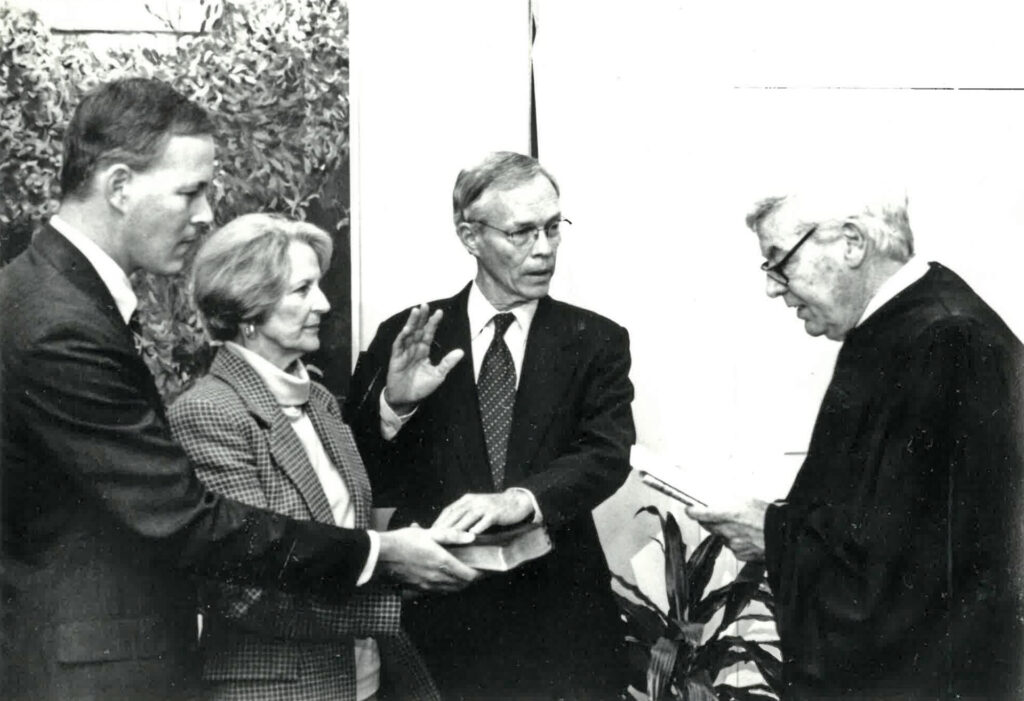 His hard work and leadership in the Legislature resulted in the Tallahassee press corps voting him Most Effective Legislator a record seven times.
His hard work and leadership in the Legislature resulted in the Tallahassee press corps voting him Most Effective Legislator a record seven times.
In 1980, MacKay ran for U.S. Senate, losing in the primary. He would run for office again in 1982 in a newly drawn congressional district that stretched from Gainesville to Polk County. He won the seat and went to Washington where, again, he became known as an intellectual with a penchant for working hard.
The work ethic was instilled in MacKay and his three brothers by their father. A third-generation Floridian whose family owned large tracts of citrus and timber as well as construction and retail businesses, MacKay grew up somewhat privileged, but his rural upbringing was defined by strict discipline, a devout Presbyterian faith and hard work.
“His daddy was a firm believer in that his boys should be working,” MacKay’s wife, Ann, said. The family still owns a 400-acre farm in Ocklawaha with citrus and cattle.
And work he did. In Washington, MacKay became known as a deficit hawk. He helped create a group of similar-thinking Democrats known as “The Blue Dog Democrats,” and he was instrumental in helping draft the landmark Gramm-Rudman Act that aimed at cutting the federal deficit. A controversial piece of MacKay’s deficit-cutting stance was freezing Social Security benefit increases.
One of his proudest accomplishments in Congress was leading the fight to deauthorize the Cross Florida Barge Canal, a battle that pitted him against the beloved and powerful Miami Congressman Claude Pepper – and MacKay won.
Soon, the national media was describing him as one of the new breed of smart, moderate Democrats.
Nevertheless, while he was born in Ocala and came home to Ocala when his political career was over, MacKay knows that it was the more-liberal voting sect in Gainesville that time and again delivered him the votes he needed to stay in office.
“Gainesville saved my fanny over and over,” he said. “I was sort of known as the liberal – spelled L-I-B-R-U-L – from Gainesville.”
With his political star rising, MacKay decided in 1988 to run for the U.S. Senate. As the Tampa Bay Times reported, “It ended up being MacKay, the maverick policy guru vs. Connie Mack, the candidate with simple Reaganesque answers.”
It was a brutal loss that came down to absentee ballots. It was the closest statewide election in history.
A No. 2 who made a difference
But MacKay was not finished. Two years later, in 1990, he would run for lieutenant governor with gubernatorial candidate Lawton Chiles. MacKay aspired to be governor, and Chiles recognized his partner’s legislative and government brilliance, so the governor gave him big jobs in the administration. He, in fact, became Chiles’ chief troubleshooter.
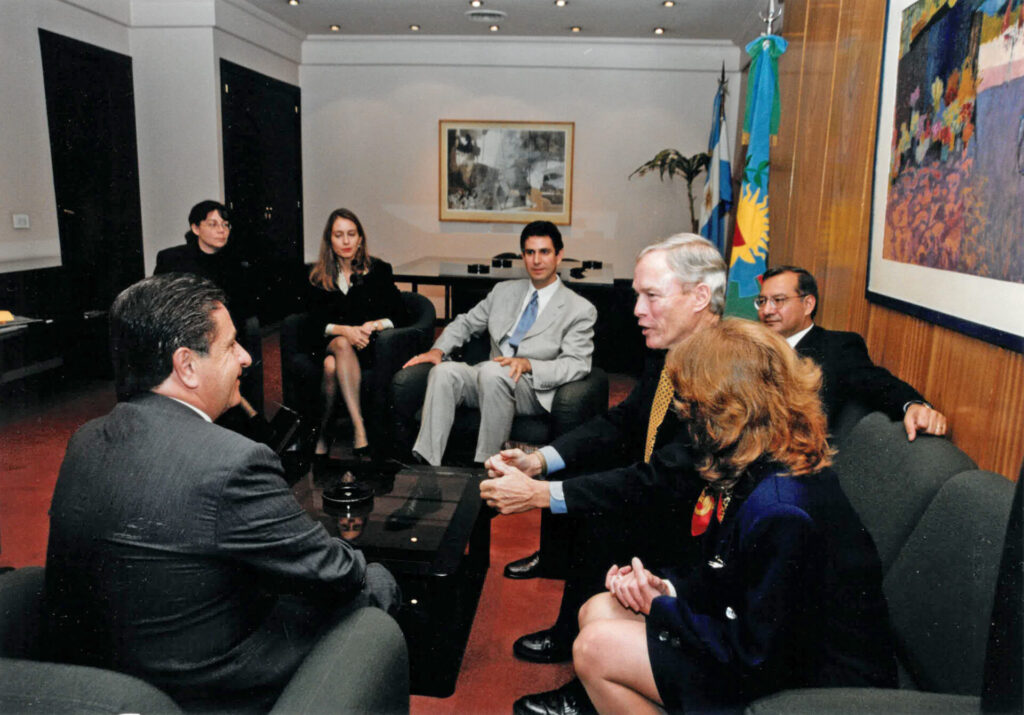 During his tenure as lieutenant governor, MacKay led a statewide commission to improve public schools. He oversaw the revamping of the state’s economic development program, leading to the Department of Commerce being replaced with the public-private Enterprise Florida. After Hurricane Andrew hit, he moved to Miami for six months to oversee disaster relief efforts. He even took over running the former Department of Health and Rehabilitative Service (precursor to Department of Children and Families) for four months after it was enveloped in scandal over chronic computer problems and a grand jury investigation. When Miami teetered on financial collapse in the ‘90s, Chiles sent MacKay to lead an oversight board to clean things up.
During his tenure as lieutenant governor, MacKay led a statewide commission to improve public schools. He oversaw the revamping of the state’s economic development program, leading to the Department of Commerce being replaced with the public-private Enterprise Florida. After Hurricane Andrew hit, he moved to Miami for six months to oversee disaster relief efforts. He even took over running the former Department of Health and Rehabilitative Service (precursor to Department of Children and Families) for four months after it was enveloped in scandal over chronic computer problems and a grand jury investigation. When Miami teetered on financial collapse in the ‘90s, Chiles sent MacKay to lead an oversight board to clean things up.
Today, MacKay is considered Florida’s most influential lieutenant governor.
Florida political historian David Colburn, before his death in 2019, assessed MacKay’s impact on the state as a politician.
“The more I look at where we are now and what we’re dealing with, the more impressed I am by his contributions to the public good and his understanding of the crucial issues,” said Colburn, who was director of the Bob Graham Center for Public Service at the University of Florida. “He was the best lieutenant governor we ever had. Lawton realized what a talent he was by giving him many of the most difficult issues to resolve.”
The next logical step for MacKay was the Governor’s Mansion. He ran for that office in 1998, facing political newcomer and presidential offspring Jeb Bush. Despite MacKay’s record of experience and results, Bush won handily.
A month after the election, though, while the MacKays were in Boston on a trip, Chiles suddenly died. MacKay had finally reached the office he had long aspired to, but under the saddest of circumstances. He and Chiles were friends and had accomplished a lot as a team. MacKay would serve 23 days as Florida’s governor.
He left politics after 1998, once telling a reporter, “I retired because the voters got sick and tired of me.” But his life as a public servant was not over.
Soon, President Bill Clinton recruited MacKay to be his special envoy to Latin America. Clinton was trying to build on NAFTA and create the Free Trade Area of the Americas.
Hometown change agent
As Jesus once told the people of Nazareth, “A prophet is not without honor except in his own town, among his relatives and in his own home.”
While political scribes and historians focus on what MacKay did in Tallahassee and Washington, he had a profound impact on Ocala as a civil rights activist, and it is what launched his political career.
His passion for racial equality actually started when he was attending law school at the University of Florida. MacKay was president of the John Marshall Bar Association when a black, 24-year-old former Army officer named George Allen entered the law school. Straw votes showed most students did not want Allen in the John Marshall group, but MacKay persisted, eventually convincing his fellow students. Allen was in and would go on to be a prominent Fort Lauderdale lawyer.
Five years later, back in Ocala, MacKay once again took up the cause of racial integration when he challenged his segregated church to allow black parishioners. The church rejected the notion but worked with MacKay and a handful of other members who spun off and started a new church, Fort King Presbyterian, where black and white Ocalans could worship side by side, and where MacKay still attends.
Then came west Ocala.
“It bothered me a great deal that there was such a difference in the black side of Ocala and the white side,” he said. “And I don’t want to appear more heroic than I was. Some of it was behind the scenes, some of it was in public.”
Regardless, MacKay and a handful of other citizens convinced the city to annex west Ocala.
There was, however, a bigger civil rights battle on the horizon locally – integrating the schools.
MacKay jumped into that controversy as well. Meeting secretly with a small group of like-minded people – Superintendent of Schools Mac Dunwoody, lawyer John McKeever and School Board member Ed Anderson – the group devised a plan to integrate the schools. In a 2012 interview, Dunwoody talked about how angry the issue made many people, and how they would meet at the end of MacKay’s lake dock so no one would see them or hear them.
The battle was pitched, and there was a lot of community resistance, but the group convinced the School Board to embrace their plan, which included renaming the black Howard High to Vanguard High and the white Ocala High to Forest High. In the end, there was little conflict or violence like so many other Southern communities had experienced.
“You can give Buddy and the School Board credit for desegregating the schools without any problems,” said Anne Anderson, widow of Ed Anderson. “A lot of communities had a lot of trouble.”
Today, at age 88, MacKay still remains involved in public issues, most significantly continuing to push for the draining of the Rodman Reservoir and the restoration of the Ocklawaha River. He also keeps a wary eye on Lake Weir, which he believes is constantly threatened by the ever-expanding development of The Villages.
MacKay came up during a kinder, gentler political era when Republicans and Democrats could actually work on big measures about things like the environment or education without being accused of being a traitor to their tribe.
In his memoir, “How Florida Happened: The Political Education of Buddy MacKay,” MacKay deplores the new age of scorched-earth political warfare in which “compromise was increasingly portrayed as less than honorable and a new fantasy, ideological purity, was becoming accepted in lieu of bipartisan problem-solving.”
So, would he do it all over again”
Flashing his trademark grin, he said, “Probably … if I could talk Ann into it.”
